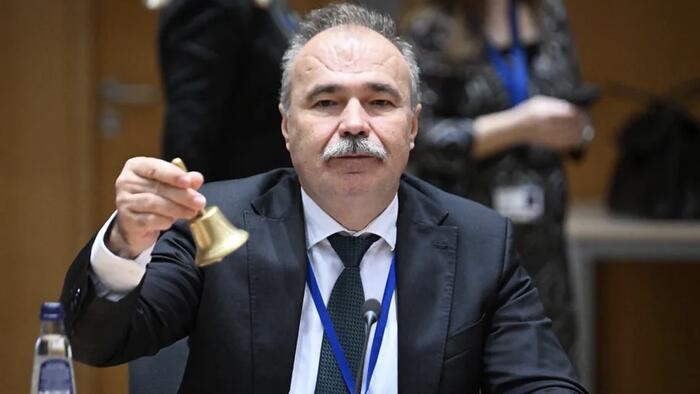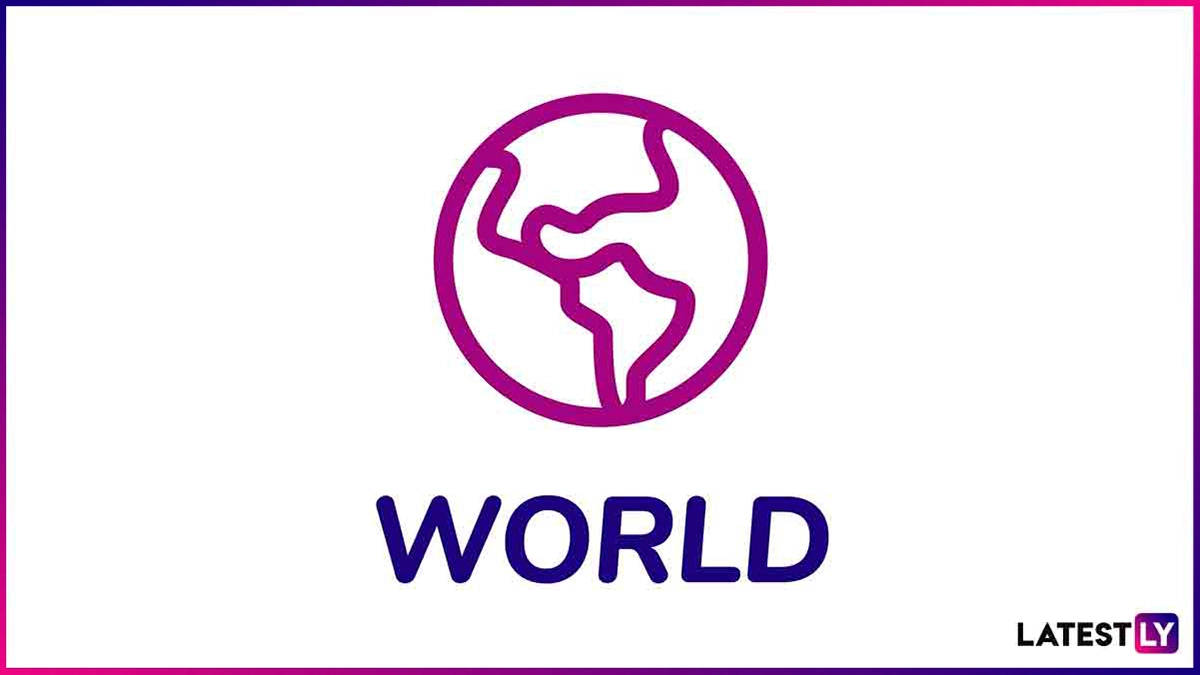Copyright ZeroHedge

A new European Union deal to liberalize trade with Ukraine took effect Wednesday, but Poland, Hungary and Slovakia are defying it, maintaining their protectionist bans on imports from the country. Their defiance comes amid mounting grievances over EU prioritization of the West's proxy war on Russia over the prosperity of EU member states and their citizens. Approved on Oct 13, the new EU arrangement expands tariff-free Ukrainian access to European markets, replacing a temporary lowering of trade barriers adopted after Russia invaded Ukraine in 2022. “We believe (the agreement) is a stable, fair framework, that can be reliable both for the EU and for Ukraine, to ensure a gradual integration in our single market, while providing stable trade flows," said European Commission spokeswoman Ariana Podesta. The European Commission (EC) is the EU's principal executive branch. Rebelling against the Brussels regime, Poland, Hungary and Slovakia say they will maintain the bans on agricultural imports from Ukraine they put in place in 2023. The three countries' bans were a reaction to a wartime glut of Ukrainian products, which resulted from Black Sea ports being disrupted by the war with Russia. The glut sank prices and hammered domestic producers. By imposing their own individual trade barriers, Poland, Hungary and Slovakia are violating EU's single-market regulations. On Thursday, the EC said it isn't ruling out the possibility of taking legal action. “We see no justification for maintaining these national measures,” EC spokesman Olof Gill told Politico. While asserting that "all options are on the table," Gill said the EC would "intensify its contact" with the uncooperative trio of Eastern European states. Thus far, the EC has been a paper tiger, tolerating the ban for two years while hoping the new arrangement would render them moot. The new EU trade rules limit some imports from Ukraine, including grains and oil. They also have a "safeguard clause" allowing protective measures to be employed if a glut of imports hurts domestic producers. However, Slovakian Agriculture Minister Richar Takáč told Politico the restrictions are "not strong enough" to protect his country's farmers. Via social media, Hungary’s Agriculture Minister István Nagy wrote, “Although Brussels wants to give farmers’ money to Ukraine, we are protecting the resources, the livelihoods of Hungarian producers and our market.” Goods aren't the only inflows from Ukraine that are testing the patience of European countries. Refugees from Ukraine are straining governments, soaking up welfare payments and competing with natives for employment. Things were already bad enough, but now Ukraine's liberalized restrictions on male travel from the country are yielding a huge surge in military-age men pouring into Europe, with Poland and Germany bearing the brunt of it.



